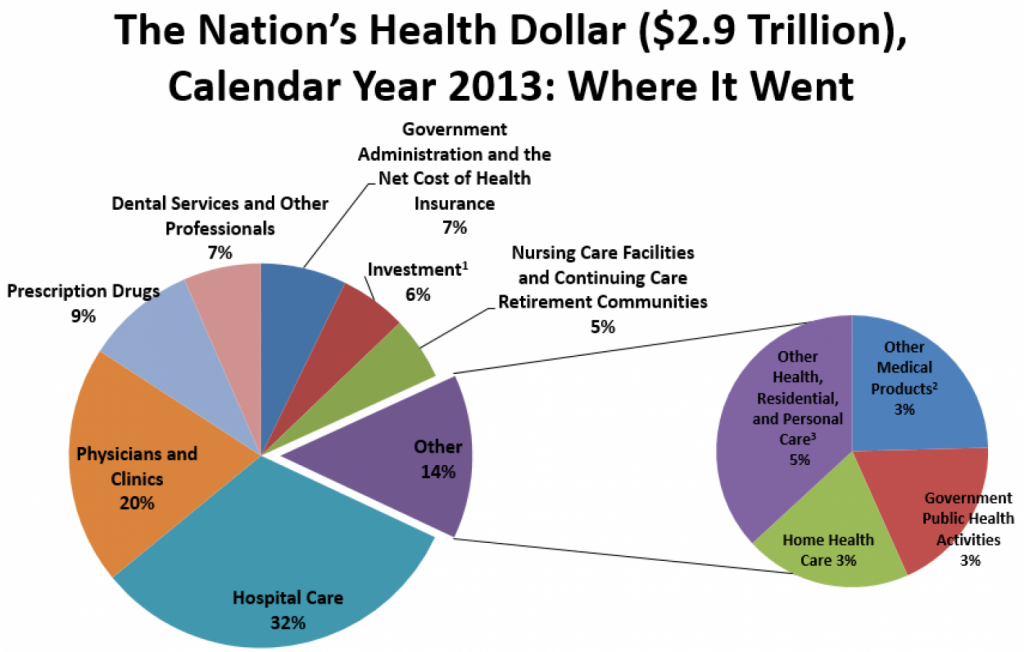An article (with video link) on a 40-doctor surgical center in OK City. All prices are posted right up front (and online). They take no government money or insurance. Most services cost less that what the Medicaid rate would have allowed, and they are generally 10-16% of what a similar procedure would cost if billed to insurance.
Some snippets:
Some snippets:
Twenty years ago, after decades of witnessing firsthand a dysfunctional health care system that “is bankrupting the country,” Dr. Keith Smith envisioned a self-sustaining, free market oriented health care facility that would operate completely outside the bounds of government control.
After selling the idea to a few physicians in the Oklahoma City area, Smith co-founded the Surgery Center of Oklahoma, a 32,535 square foot, state-of-the-art multi-specialty facility, owned and operated by approximately 40 of the top surgeons and anesthesiologists in the area.
Smith calculated the market prices for the center’s procedures by adding up the cost of labor and materials. His prices are actually less than what Medicaid, the government health care program for low-income Americans, pays.
“We are perfectly happy to charge less than the amount these hospitals claim is bankrupting them. And we are making money,” Smith told TheDCNF.
The surgery center does not accept insurance in any form. “Individuals pay us up front and in full. If it’s a beneficiary of a self-funded plan, we just charge the plan,” Smith said. “We work with all cost sharing ministries, also.”
Hmmm. High quality medical care at transparent rates lower than Medicaid's could be a gamechanger if combined with HSAs and true catastrophic insurance coverage.“The largest part of the industry is dominated by the corporate hospitals, and they don’t want any part of free markets or transparent prices because the veil would be pulled back,” Smith told TheDCNF. Large corporate hospitals have a “hit and run mentality of billing,” that has become “very successful subscribing to the idea of what can I get away with,” Smith said. If consumers could shop around for the best price, as they can in virtually any other aspect of the economy, hospitals “would not be able to successfully price gouge anyone.”

